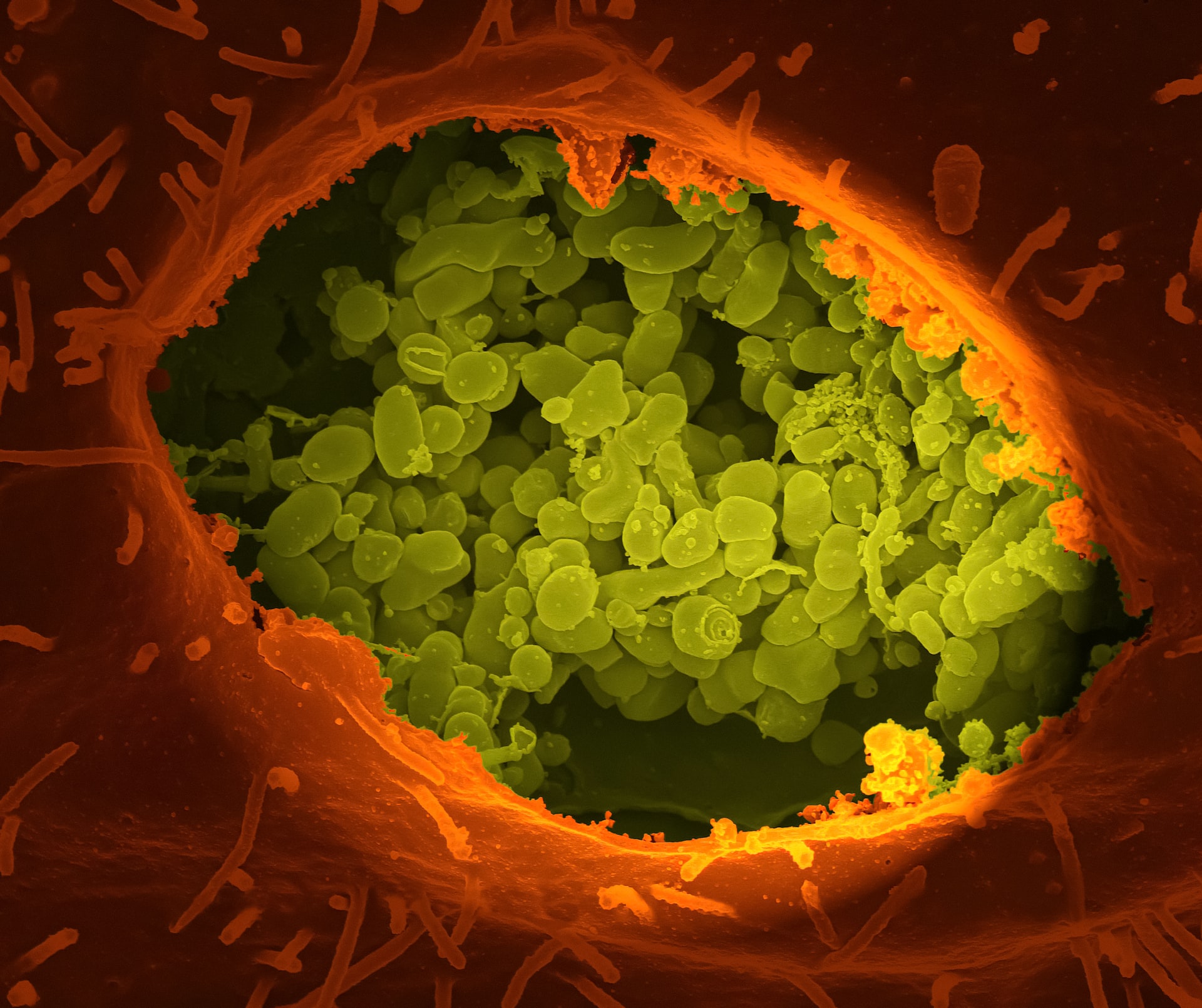
Viral Gastroenteritis (Stomach Flu): Causes, Symptoms and Treatment (Viral gastroenteritis)
If you feel nauseous or feel something different in your stomach, you may have stomach flu, which is usually caused by a virus. Here's what you need to know about stomach flu (Viral gastroenteritis).
When you feel nauseous, you might call it 'stomach flu', but doctors call it 'gastroenteritis'. It's usually caused by a virus, but not the flu virus, so it's not actually stomach flu. Bacteria and parasites can also cause this health problem.
Viral Gastroenteritis is a highly contagious disease in which a virus infects your cells and affects your gut and stomach lining. If you touch an infected person or something they have touched, or eat food they have prepared, you can catch them. You can also get this disease if you eat shellfish in contaminated water or fruits and vegetables that have been washed in it.

Stomach Flu Symptoms
Stomach flu or gastroenteritis often causes diarrhea, nausea, and possibly vomiting. You may also have a headache, fever, chills, and pain in your stomach.
The most common type causes you to feel sick 12 to 48 hours after exposure to the virus and can last up to 3 days. It may take longer if it is caused by bacteria or parasites.
Viruses That Cause Gastroenteritis
Some viruses can cause gastroenteritis;
Rotavirus; It is the leading cause in infants and young children. It can also affect adults, but its symptoms are milder.
Norovirus; It is the most common virus causing gastroenteritis in adults.
Adenovirus and Astrovirus; It is among the less common and its symptoms can last up to 10 days. Both of these viruses affect children more often than adults.
Bacterial Gastroenteritis
These microscopic living organisms are all around you – most of them harmless and some even beneficial. But others, such as Salmonella and E. coli, can get into your food and cause stomach problems. This bacteria can also enter food while it is growing, sick, being processed, stored or transported.

Traveler's Diarrhea
This is another common way to get gastroenteritis, often from food or water contaminated with bad bacteria.
If you are traveling to developing countries in Africa, Asia, Latin America or the Caribbean, avoid raw fruits and vegetables, meat, fish, shellfish, and street food that is raw or not hot when served.
Parasitic Gastroenteritis
Parasites are tiny creatures that live inside other animals. This type of gastroenteritis is not very common in developed countries. However, some parasites called Cryptosporidium parvum and Giardia can spread through water and cause infection. You can get it if contaminated water is used to grow or prepare the food you eat, or if you swim in it.

Stomach Flu Treatment
Whatever the cause, most cases of gastroenteritis will clear up within a few days with rest and drinking plenty of clean water.
If your symptoms are really bad or last longer than that, go to the nearest healthcare facility. Antibiotics and other special medications can clear up some rare bacterial and parasitic infections.
You can get fluids, calories, minerals, and nutrients from fruit juice, sports drinks, decaffeinated soft drinks, or broth. When you feel ready to try solid foods, start with light foods such as rice, potatoes, bread, applesauce or bananas. Avoid fatty or sugary foods, dairy products, caffeine, and alcohol until you recover.
Source: WebMD - Photos: Unsplash







